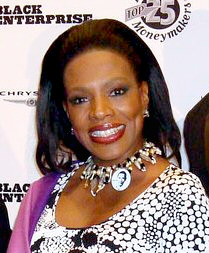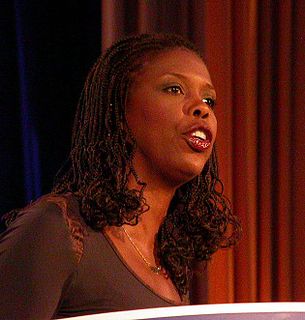A Quote by Tedros Adhanom
Countries need to work in partnership with international agencies, donors, global experts, and one another in order to collectively end HIV/AIDS.
Quote Topics
Related Quotes
I spent the past week here in India getting a sense of the reality of HIV and AIDS in people's lives. Fathers and mothers are dying, leaving children with no support. Stigma and discrimination is ruining the family lives. There is an urgent need for education, information, and increased awareness of HIV and AIDS. The response needs to be now. We cannot afford to become fatigued.
The international community has to overcome its differences and find solutions to the conflicts of today in South Sudan, Syria, Central African Republic and elsewhere. Non-traditional donors need to step up alongside traditional donors. As many people are forcibly displaced today as the entire populations of medium-to-large countries such as Colombia or Spain, South Africa or South Korea.
International "experts" from technical assistance agencies or universities can make important contributions, but they certainly don't have all the answers. When ownership is local and national, and various stakeholders work together, program innovations have a greater chance to take root and survive.
The Clinton machine is at the center of this power structure. We've seen this first hand in the WikiLeaks documents, in which Hillary Clinton meets in secret with international banks to plot the destruction of U.S. sovereignty in order to enrich these global financial powers, her special interest friends and her donors.
There's so much stigma around HIV/AIDS. It's a challenging issue, and the people that already have been tested and know their status find it very, very hard to disclose their status, to live with that virus, and to even seek out the kind of information they need. This experience of going to South Africa a decade ago really woke me up to the scale of the HIV/AIDS pandemic in sub-Saharan Africa, how it was affecting women and their children. I haven't been able to walk away from it.
The AIDS disease is caused by a virus, but the AIDS epidemic is not. The AIDS epidemic is fueled by stigma, by hate, by misinformation, by ignorance, by indifference. Science has accomplished miracles over the past 20 years, and science can now end this disease - but it cannot end the epidemic. We need more than medicine. We can do something about these things. We need to speak out about the changes we need to make in our society.

































